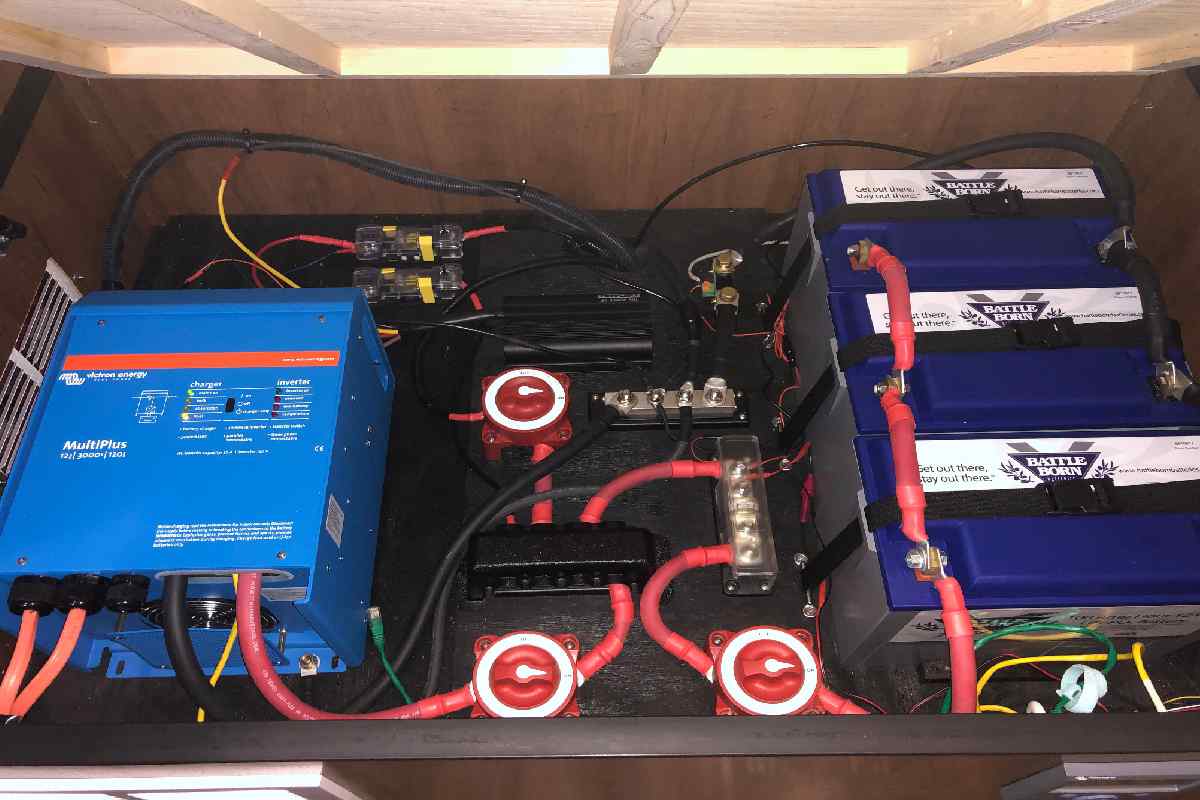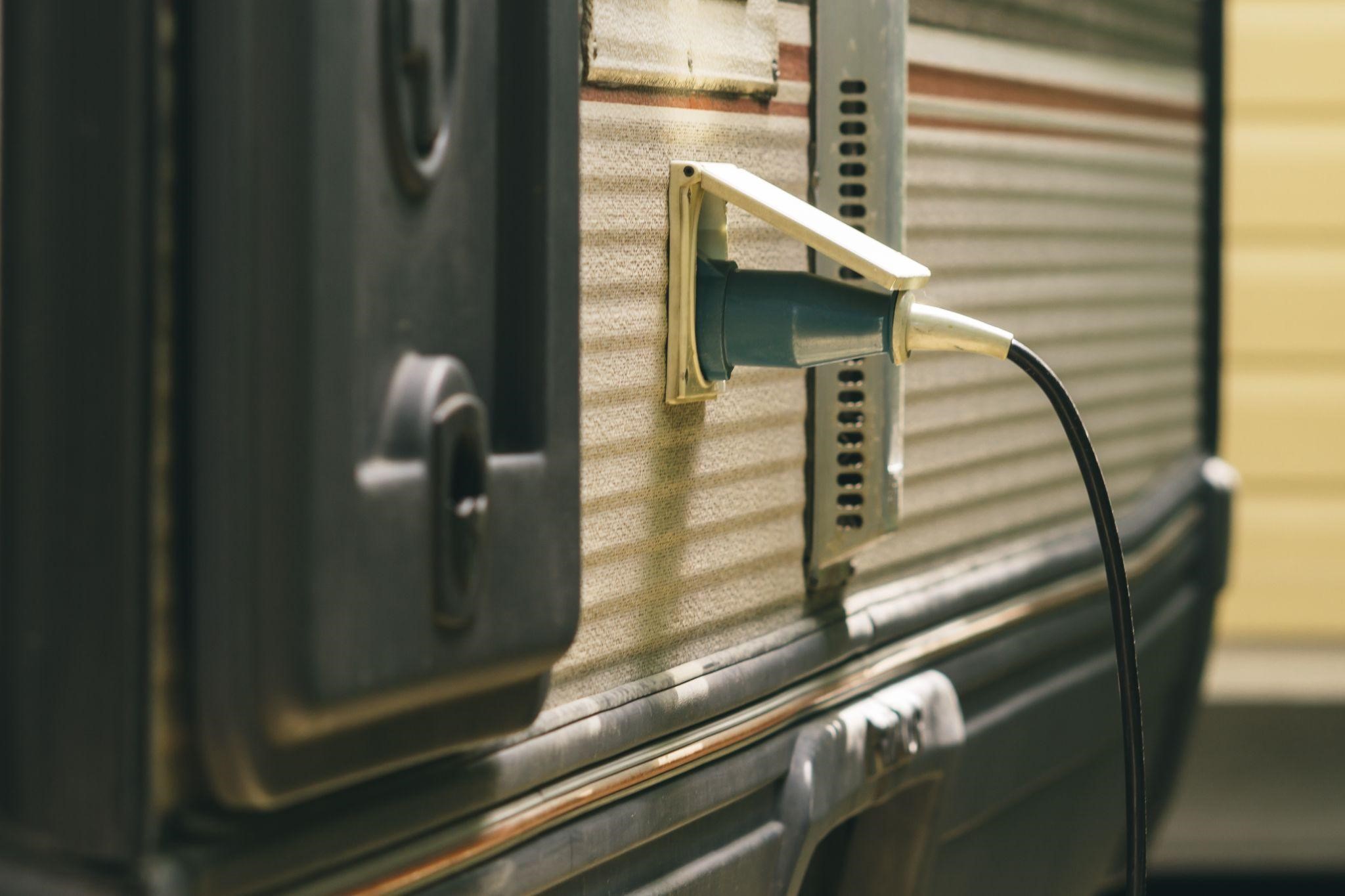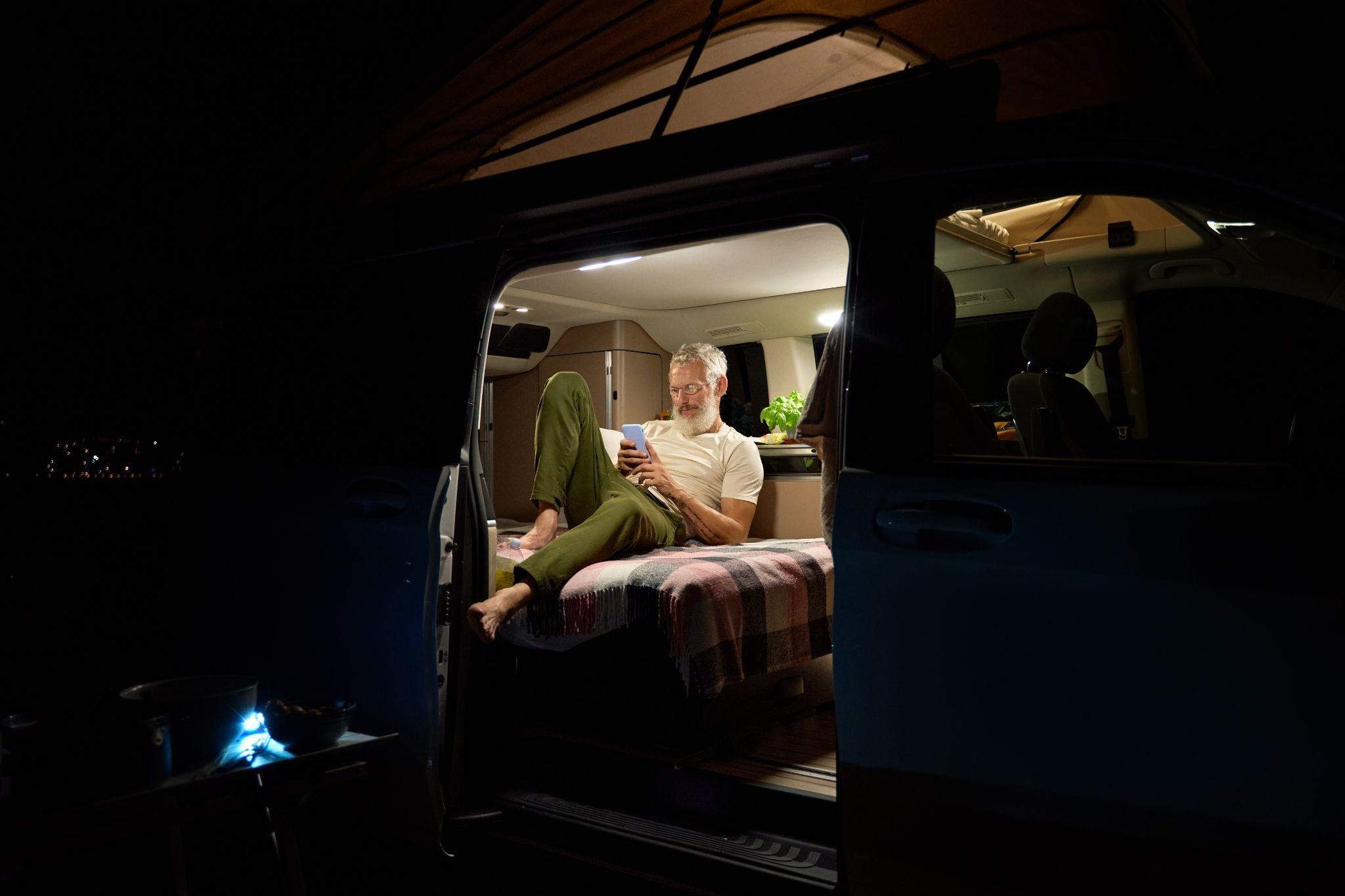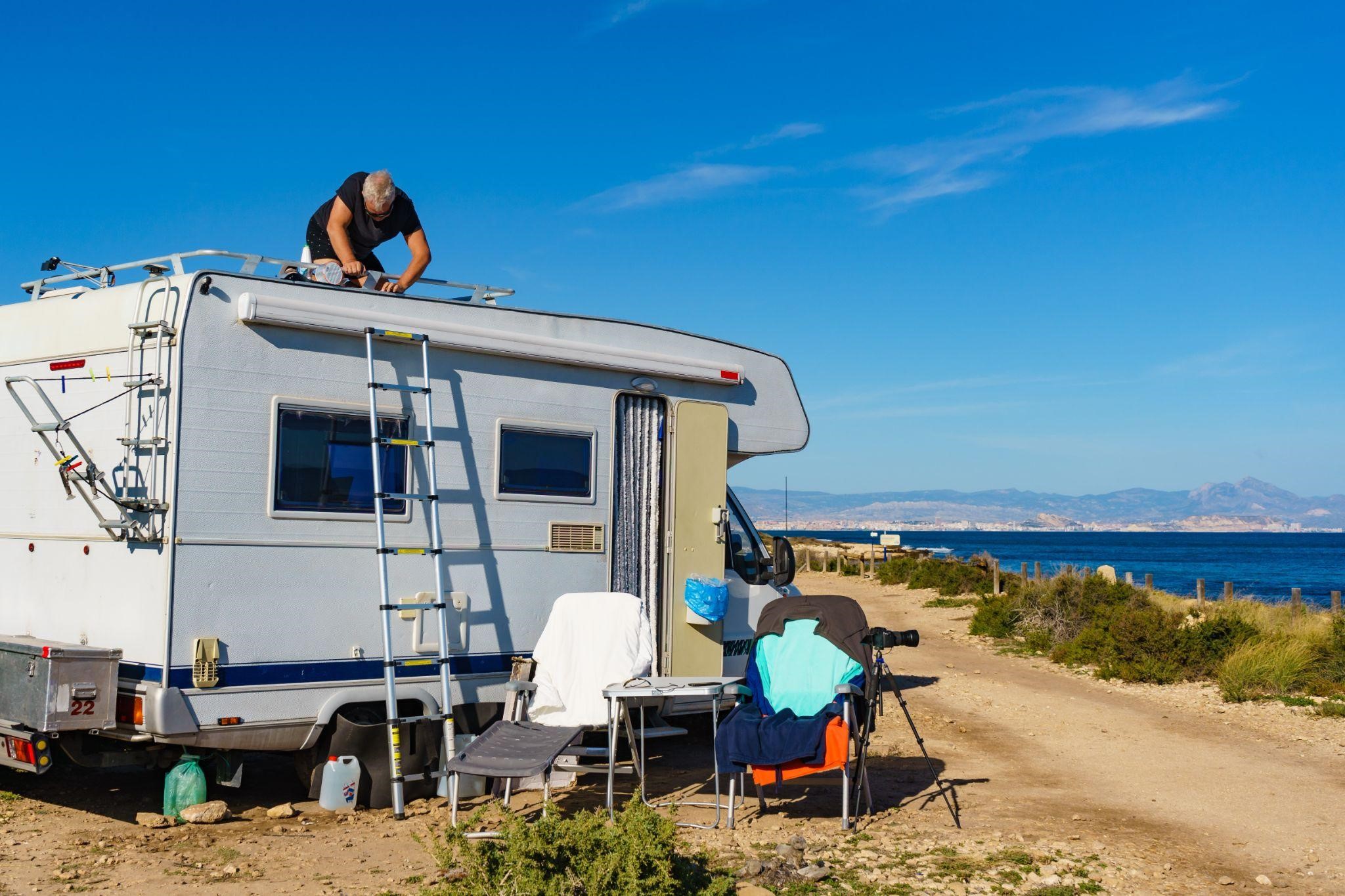Your RV Electrical System: 10 Things To Know

Your RV Electrical System
Your RV’s electrical system is arguably the most critical factor. Proper maintenance ensures optimal comfort and functionality while on the road. Knowing your system’s inner workings and how to maintain your onboard power will spare you several common RV headaches.
In this article, we will explore 10 tips for servicing and maintaining an onboard electrical system. From upgrading your outdoor enclosures to troubleshooting common electrical issues, this information will help ensure a smooth journey.
Table of Contents
1. Review AC and DC Power Basics
Managing your RV’s electrical systems and appliances demands a basic understanding of alternating current (AC) and direct current (DC) power. AC power, often supplied through shore power connections or generators, controls most of your onboard electrical functions.
DC power, in comparison, is typically sourced from batteries. It runs essential features like your lights and water pumps. Familiarizing yourself with the difference between these power types ensures the most efficient use of your rig’s electrical system.
2. Know All Your RV’s Power Sources
RVs frequently deploy more than one power source. These options often include an external power outlet at a campground, generator power and battery power. Familiarizing yourself with how to connect and switch between power sources is vital for maintaining a reliable electricity supply.

3. Stay Current on Battery Maintenance
The batteries in your RV serve as the backbone of its electrical system. Batteries power your RV when alternative sources are unavailable. Inspecting, cleaning and maintaining your rig’s battery units will prolong their life while ensuring lasting and dependable power.
Check for signs of corrosion, verify the fluid levels if applicable and ensure secure connections. Incorporating proper battery maintenance into your routine helps avoid unexpected failures. This lets you enjoy uninterrupted comfort along your RV adventures.
4. Understand Electrical Load Management
Effective electrical load management is crucial for avoiding outages or potential damage to your power system. RVs have finite electrical capacities. Adhering to these restrictions necessitates a keen awareness of their limits to avoid potential hazards or malfunctions.
When you understand how to manage your RV’s electrical loads, it’s easier to balance power usage across different appliances. Recognizing your essential onboard power sources helps maximize efficiency and prevent other problems like system overloading.

5. Invest in Surge Protectors and Voltage Regulators
Protecting your RV’s sensitive electronic devices from electrical fluctuations and power surges is critical for avoiding costly damages. Investing in surge protectors and voltage regulators provides extra defense against unexpected power spikes.
These devices safeguard your electrical system and RV appliances, such as TVs, laptops and refrigerators. They prevent voltage irregularities that could cause irreversible harm.
6. Troubleshoot Common Electrical Problems
Electrical issues are bound to arise during your RV ownership. Power failures are a frequent occurrence, even in the most expensive rigs. Knowing how to troubleshoot and resolve common problems, such as blown fuses or tripped circuit breakers, is invaluable. You never want to find yourself stranded without RV power on a long journey.
Understanding the basics of your electrical system helps you swiftly identify routine problems. This skill will save you time and effort while helping you regain your rig’s full functionality. Moreover, you can achieve this without making an expensive detour to the RV repair shop.
7. Prioritize Electrical Safety
Properly handling electricity is paramount for personal safety and preventing damage to your RV. Always adhere to the appropriate safety precautions while working on your RV’s electrical components.
Remember to turn off power sources, use insulated tools and exercise caution around potential hazards. Prioritizing electrical safety helps protect your RV and its occupants while minimizing the risk of injury.
8. Consider Upgrading Your RV’s Electrical System

Upgrading could be the solution if your current electrical system falls short of meeting your power requirements. Whether you’re installing new outlets or incorporating a sustainable solar energy source, improving your RV’s electrical system is worth considering. This will only enhance convenience and safety during your trip while ensuring you have ample power for all your needs.
Inspect all your external electrical boxes, and confirm they’re lockable and weatherproof. If not, consider replacing them with a new polycarbonate enclosure. Evaluate all your power demands in general. A comprehensive assessment of your needs will make it easier to encounter suitable aftermarket options. You’ll undoubtedly find several upgrades to enhance your RV experience.
9. Properly Ground Your RV
Proper grounding is another critical aspect of your RV’s electrical system. It ensures both the safety of occupants and the longevity of your equipment.
Confirm your RV is adequately grounded by using a grounding rod or connecting to a grounding source at your campsite. This practice minimizes the risk of electrical shock. It also promotes the reliable operation of your RV’s appliances while supplying a path for electrical surge dissipation.
10. Be Familiar With the Proper Battery Charging Methods
Knowing the different battery charging methods available for your RV is essential for maintaining optimal battery performance. Depending on your RV’s setup, you might have options like a generator, converter or solar panel charging.
Understanding these methods and their associated benefits will help you choose the most efficient and convenient way to charge your batteries. With this approach, you’ll give yourself a continuous power supply throughout your travels.
Understanding Your RV’s Electrical System Ensures a Trouble-Free Outing
Taking the extra time to understand your RV’s power sources is essential for ensuring a smooth and hassle-free journey. Familiarize yourself with AC and DC power and how to troubleshoot common RV electrical issues to optimize your onboard power supply. And, of course, even better, you’ll likely save yourself from a potentially costly diversion to an unfamiliar RV mechanic.

